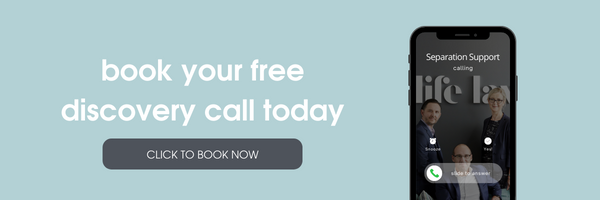What Do I Do If I Can’t Afford a Lawyer During a Divorce

Divorce can be a complicated and emotional process, and many people struggle with the added stress of not being able to afford legal representation. However, not having a lawyer can be a mistake. Every divorce is unique, and tricky situations may arise that require the guidance of a legal expert. Fortunately, there are several options available to those who cannot afford a lawyer during a divorce.
1. Consider whether you are eligible for Legal Aid
The Legal Aid Commission in each state provide free or low-cost legal services to individuals who meet certain income and eligibility requirements. This service is funded by Legal Aid and you generally have a lawyer appointed from either within Legal Aid or a Legal Aid Preferred Supplier. The services provided may include legal representation, advice, and assistance with paperwork.
2. Community Legal Services
An alternative is to seek assistance from a community legal service. These services are often free or low-cost and similar to Legal Aid can assist you with advice, sometimes representation and assistance with paperwork.
3. Mediation
Mediation is a process where a neutral third party helps you and your spouse reach a settlement agreement. This can be a cost-effective alternative to traditional litigation, as it often involves fewer court appearances and legal fees. Additionally, mediation allows you and your spouse to have more control over the outcome of your divorce, rather than leaving decisions in the hands of a judge. Book an appointment here with our In-house Nationally Accredited Mediator.

4. You can Represent yourself
This involves representing yourself in court without a lawyer. While this option can be challenging, it may be necessary if you cannot afford legal representation and do not qualify for legal aid programs. It is important to thoroughly research the laws and procedures involved in your case, and to prepare and present your case in a clear and organised manner. It’s important to be aware that there are challenges associated with this option. What you consider to be crucial and relevant may not be. You may be over sharing information that could be more harmful for your case. Further, you may not be filling out the necessary documentation correctly. It is also important to know that the Judge cannot give you advice about your matter, neither can the other lawyers or an Independent Children’s Lawyer if there is one in your matter.
5. Limited Scope Representation
Limited scope representation involves hiring a lawyer to provide assistance with specific parts of your case, rather than representing you for the entire case. This can be a more affordable option than full representation, as it allows you to get legal help for the areas where you need it most. For example, you may hire a lawyer to help you with paperwork, or to represent you at a particular court hearing.
6. Free consultations
Law firms and lawyers may sometimes provide a complimentary initial consultation or conduct a Q&A session after a family law presentation. It is recommended that you prepare a list of questions beforehand to maximise your time. Speak to one of our lawyers to discuss your family law matter, including separation and divorce, parenting agreements, consent orders or prenuptial agreements and find out where you stand. You can schedule your free initial consultation with us by booking here.
The above options are all viable alternatives to traditional legal representation. It is important to thoroughly research each option and to carefully consider your specific needs and circumstances. Ultimately, the goal is to find a solution that is both affordable and effective, and that helps you achieve a fair and equitable resolution to your divorce.
If you are searching for professional help to settle your divorce, we are here to assist you. Our team of family law experts at both our Brisbane and Sunshine Coast offices can walk you through your options for your peace of mind.







